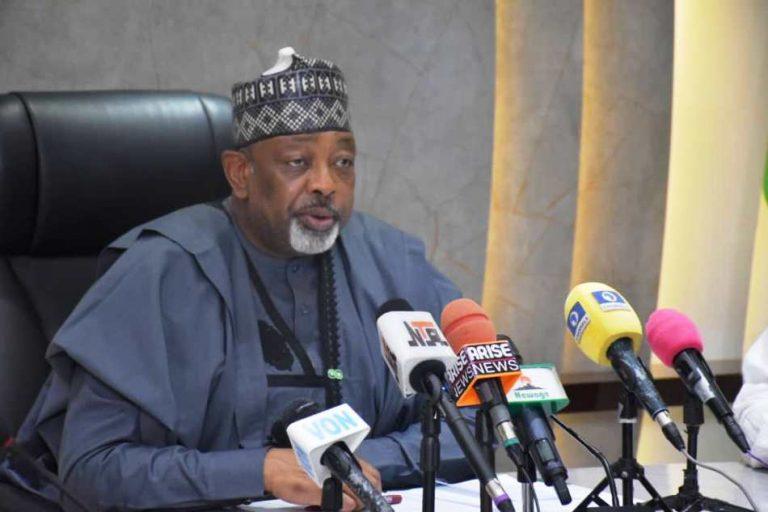Minister of Agriculture and Food Security, Abubakar Kyari, has lamented that Nigeria earns less than $400 million from agro-exports despite sitting on 85 million hectares of arable land and a predominantly youthful population.
Kyari stated this on Tuesday in Lagos at the First Bank of Nigeria Ltd. 2025 Agric and Export Expo, where he was represented by his Special Adviser, Mr. Ibrahim Alkali.
According to him, agriculture already contributes 35 per cent of the country’s Gross Domestic Product (GDP) and employs 35 per cent of the workforce, yet Nigeria accounts for less than 0.5 per cent of global agro-exports.
“We sit on 85 million hectares of arable land with a youth population of over 70 per cent under the age of 30. Yet Nigeria accounts for less than 0.5 per cent of global agro-exports. Currently, the nation earns less than $400 million from agro-exports. To build a non-oil export economy, we must rethink how we finance agriculture,” he said.
The minister also raised concern over Nigeria’s dependence on food imports, disclosing that the country spends over $10 billion annually on the importation of wheat, rice, sugar, fish, and even tomato paste.
He reiterated President Bola Tinubu’s administration’s commitment to food sovereignty, stressing the urgency of scaling up financing to strengthen local production and boost export capacity.
“President Tinubu has made it clear that food sovereignty is the goal. Nigeria must not only feed itself but do so on its own terms, free from excessive dependency on imports. Sovereignty means ensuring that no Nigerian goes hungry because of shocks in global food supply chains. It means empowering every community to stand on the strength of our land, our people, and our productivity,” he said.
Kyari noted that enhancing domestic production and supporting exports are inseparable.
“Boosting domestic production and supporting exports are not separate agendas, they are two sides of the same coin. We have the land, the labour, and the markets. What we lack is the system of financing, value addition, and infrastructure that can turn potential into prosperity,” he said.
He further emphasised the need for innovative approaches to agricultural financing, pointing to tested models that could strengthen food security and drive export growth.
“Nigeria can do better if we begin to think critically and improve mechanisms such as revenue sharing, agricultural financing with performance triggers, factoring forward contracts, Pay-as-Harvest schemes, and more. These are not abstract theories. They are proven models working successfully in real economies,” he added.









